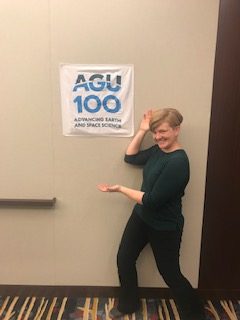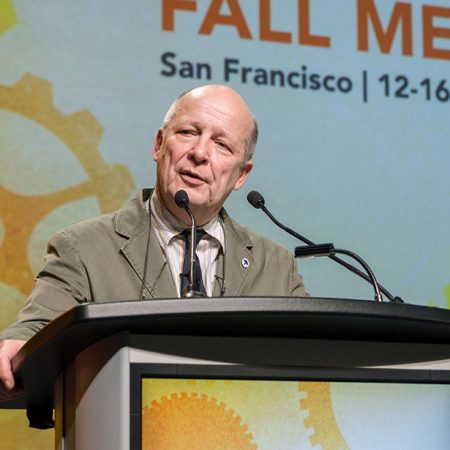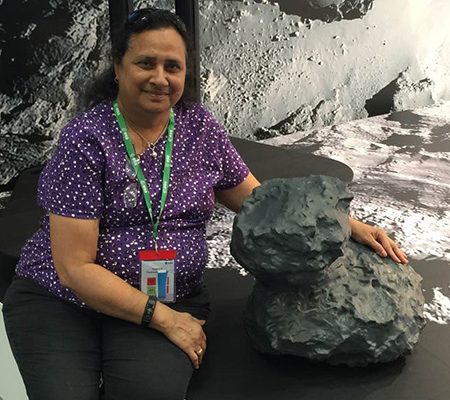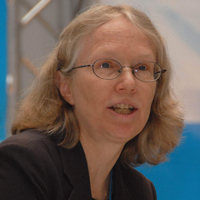Refine
Date Range Clear
Recorded by Clear
Keywords Clear
Partnerships Clear
- No matching terms.
Organizations Clear
- American Geophysical Union 82
- NASA 18
- National Aeronautics and Space Administration 9
- AGU 8
- The American Geophysical Union 5
- 15 more
Places Clear
Languages Clear
Initiatives Clear
Erin Robinson is the Executive Director of the Earth Science Information Partners (ESIP). She knew from early on that she was interested in science and her field of remote sensing, from good science teachers in middle and high school to...
AGU Virtual Poster Showcase Winner Stephanie Schneider, doctorate student at the University of Toronto
This Sao Paolo, Brazil based senior space research scientist is best known for explaining geomagnetic storms. In 2017, he received an AGU prize for “cutting-edge work” on space weather and processes. He remembers being a UC Berkeley graduate student in...
Brian Cairns works for the NASA Goddard Institute for space studies in New York, where he focuses on developing instruments that will make better measurements of small particles in space. In this interview Dr. Cairns discusses his start in engineering,...
While many of the interviews at the conference were with experienced professionals with a career spanning several decades, this interview is with a young up-and-coming PhD student who traveled all the way from the Philippines to attend her first AGU...
Charles Webb is the Deputy Director of NASA’s Joint Agency Satellite Division, where he helps lead a team to develop and launch satellite missions for the National Oceanic and Atmospheric Administration. Charles has a gift for translating between scientists and...
Zachary Wolff talks about how his path to studying and creating models as a graduate student at UC Irvine was not straightforward: he first considered medicine and meteorology before working on a CICE radiation study and discovering his interest. While...
Sylvain Costes is the Branch Chief, Open Science project manager, and principal investigator for NASA’s Ames Research Center. Sylvain oversees over 80 NASA scientists and technicians, but he’s primarily a biophysicist leading research on radiation and DNA to understand how...
Catherine McCammon, staff scientist at Bayerisches Geoinstitut, University of Bayreuth, Germany and longtime AGU volunteer discusses collaboration and explains how she has found that the “the whole is great than the sum of its parts,” is truly an accurate statement....
Sprites are electrical discharges like lightning, but up in the middle atmosphere. Having only been in the scientific literature since the 1990s, sprites captured Geoff McHarg’s imagination while observing the Aurora in Alaska. Perfect for a guy whose view of...
After one spends 50 years with the same organization, what’s next? That’s the question Dave Mao is attempting to answer after a highly-decorated career at the Carnegie Institution for Science. Born in Shangai and raised in Taiwan, Mao came to...
Lori Glaze, Acting Director of the Planetary Science Division at NASA Headquarters, works with everything from understanding asteroid trajectories and material make up to the InSight mission which recently landed a rover on Mars. It’s no exaggeration to say Lori...
Dr. Chelle Gentemann is the Open Science Program scientist in NASA’s Office of the Chief Science Data Officer. In this role, she works to understand the impact, and development assessments, of NASA’s strategy for Open Science. She recently sat down...
Ashley Greeley is a research scientist in the Heliophysics Division at NASA’s Goddard Space Flight Center where she studies particles trapped in the magnetic field surrounding Earth. She sits down with us to talk about overcoming imposter syndrome, building innovative...
John Geismann, professor of geosciences at the University of Texas Dallas, shares his discovery into the science field and favorite aspects of working with students. He discusses the critical point we are in society and need for the global community...
In the mid-1990s, the town of Libby, MT, discovered they had a serious problem. The small town of fewer than 3000 people had reported over 300 fatalities from asbestos contamination. Enter Aubrey Miller, from the EPA, and Geoff Plumlee, from...
Daniel Minguez, a geophysicist for Chevron, helps create new geologic models of the earth’s layers, trying “to build geologic stories for how different geologic elements got there.” Daniel discusses his work which focuses on boring techniques and navigating plate tectonics....
As a program scientist for the astrobiology program, the Mars Sample Return program, and the DAVINCI mission, Lindsay Hays’s domain spans from NASA HQ to Venus to Mars and back again. Lindsay became one of the first to witness images...
Michael Freilich, Director of NASA's Earth Science Division, shares about his life studying the oceans and Earth as a system. While still in his high school's oceanography club, he started exploring a question about how waves move that later became...
Scott Tyler, hydrology engineer at the University of Nevada Reno and AGU Hydrology section president, shares his work on Antarctic ice shelves, nuclear waste, and stream restoration. Do we need to build sea walls in ten years or in one...
Kenneth Jucks, Program Manager for the Upper Atmosphere Research Program at NASA Headquarters, has gone from launching weather balloons, what he calls a “poor man’s satellite” to take measurements up to 25 miles above the Earth’s surface, to managing five...
Emily Wolin is almost singe-handedly trying to upgrade Myanmar’s national seismic network. As a student, Emily saw the Mount Saint Helens eruption. Today, she helps scientists in Myanmar prepare their country for the aftermath of the next hurricanes to come...
Denis-Didier Rousseau, Senior Research Scientist at Centre National de la Recherche Scientifique, and Fall Meeting Program Committee Chair shares how at six years old he set the goal to be a paleontologist. He discusses how that has shaped his life...
Padma Yanamandra-Fisher, a research scientist at the Space Science Institute, shares stories of her career in planetary science. She recounts how defining the launch of Voyager was and the significance of the growth in the field since. Padma shares her...
Cynthia Rosenzweig has been studying earth's changing climate and its impacts on agriculture for over 2 decades, yet she continues to be fascinated by the subject on a daily basis. Dr. Rosenzweig currently heads the Climate Impacts Group at NASA's...

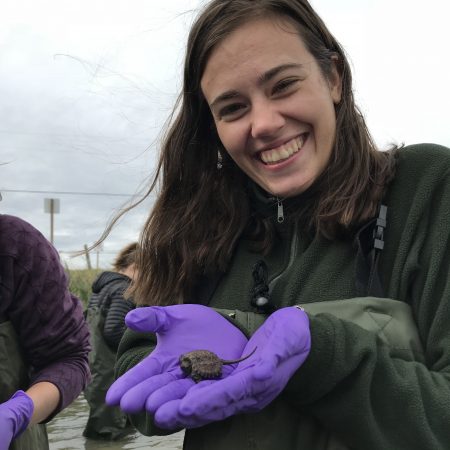
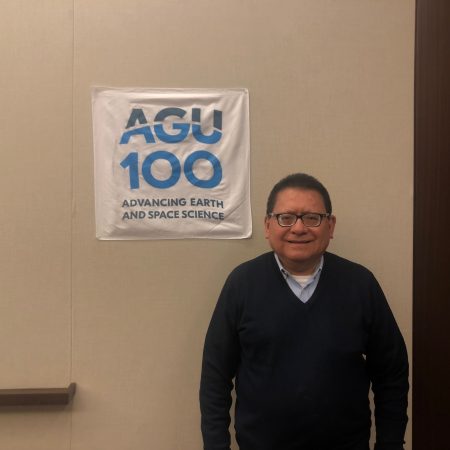
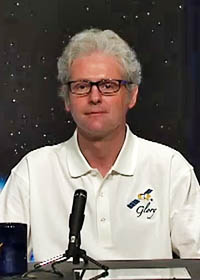
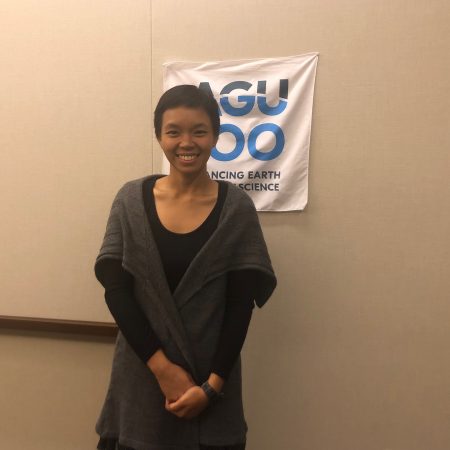
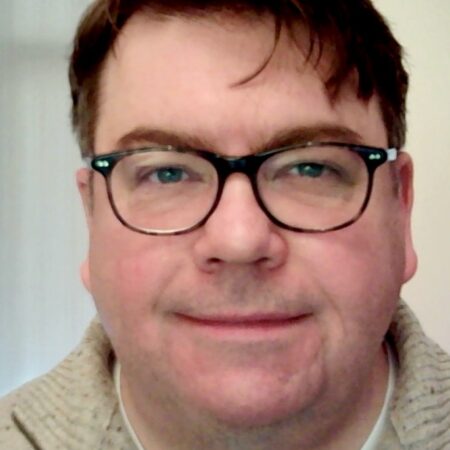
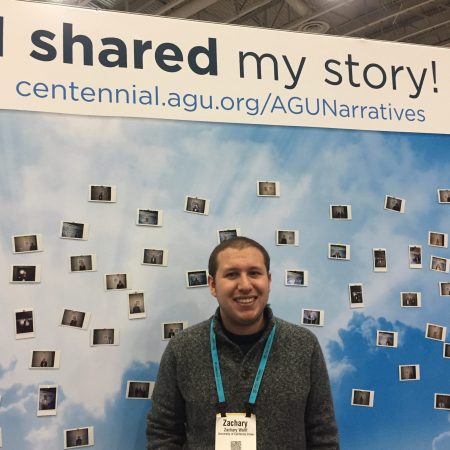
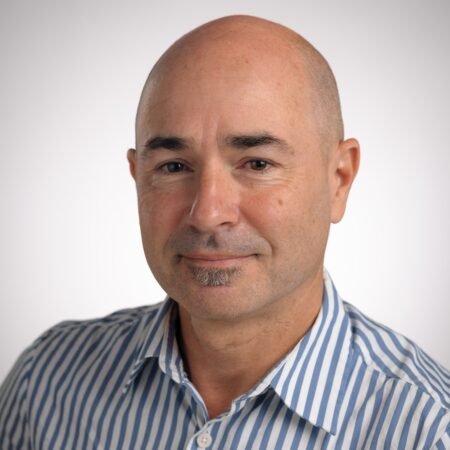
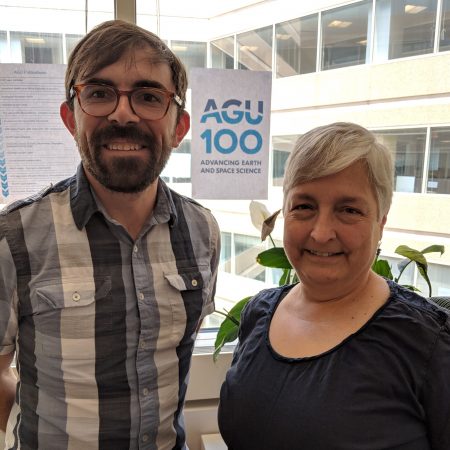

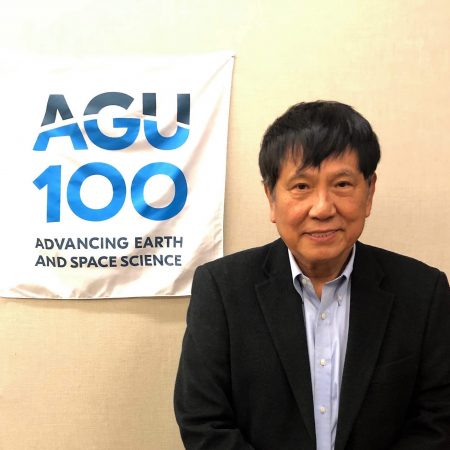

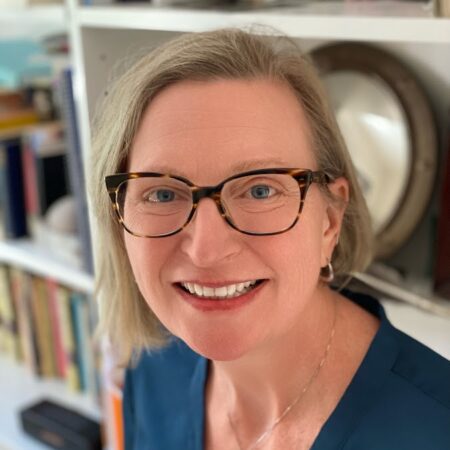
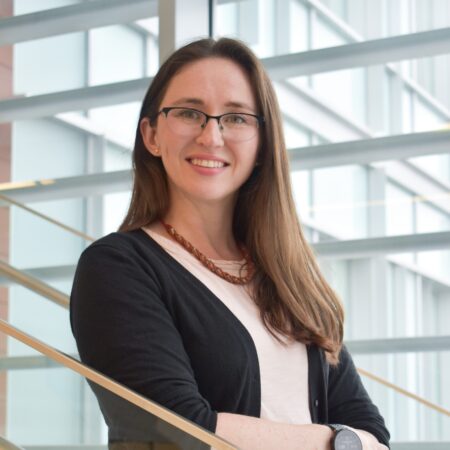
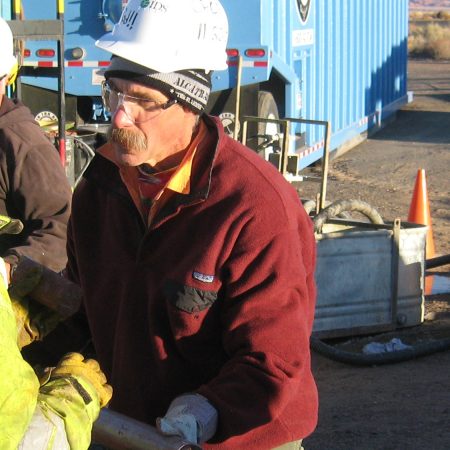
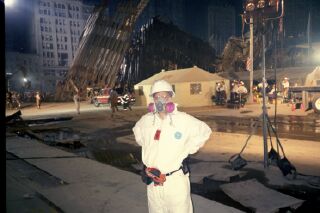

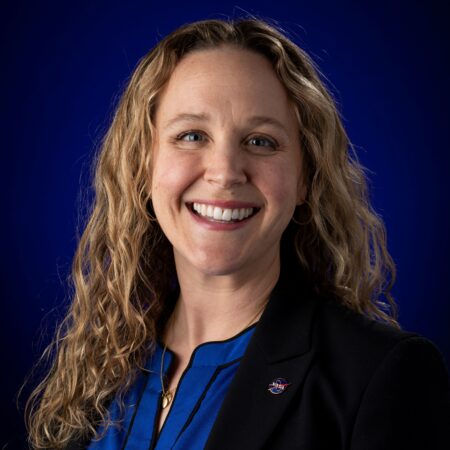
!["I joined an Oceanography club & actually asked the question that ended up [being] my thesis." an interview with Michael Freilich](https://archive.storycorps.org/uploads/2019/02/181212_Freilich-450x450.jpg)
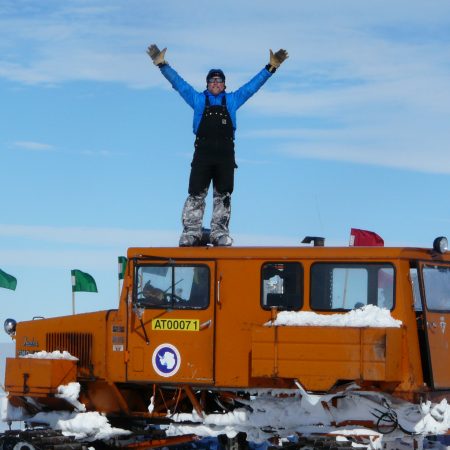
![“[The Montreal Protocol] is one of the few areas where the international community really came together." an interview with Kenneth Jucks](https://archive.storycorps.org/uploads/2019/01/181210_Jucks-1-450x450.jpg)
